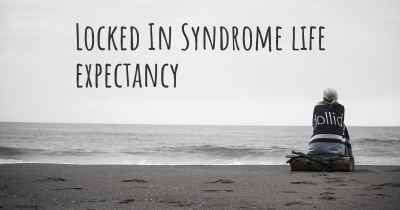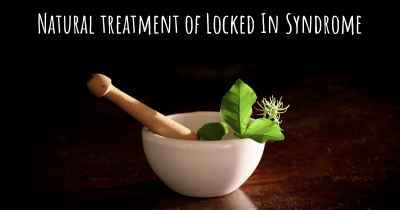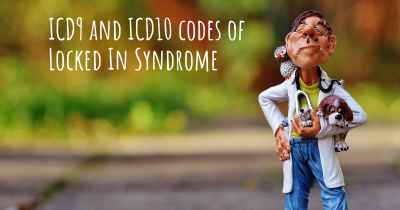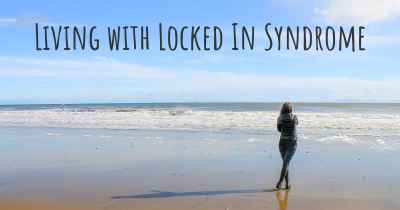Is Locked In Syndrome hereditary?
Here you can see if Locked In Syndrome can be hereditary. Do you have any genetic components? Does any member of your family have Locked In Syndrome or may be more predisposed to developing the condition?

Locked-In Syndrome is a condition where a person is conscious but unable to move or communicate due to complete paralysis of voluntary muscles, except for eye movements. It is not considered to be hereditary. Locked-In Syndrome is typically caused by damage to the brainstem, often resulting from stroke, traumatic brain injury, or certain neurological disorders. While the condition itself is not inherited, the underlying causes may have genetic factors. It is important to consult with a healthcare professional for a comprehensive understanding of the condition.
Locked-In Syndrome (LIS) is a rare neurological condition characterized by complete paralysis of voluntary muscles in all parts of the body, except for the eyes. Individuals with LIS are fully conscious and aware of their surroundings, but they are unable to move or communicate effectively.
The cause of Locked-In Syndrome is typically a severe brainstem injury, often resulting from conditions such as stroke, traumatic brain injury, or certain neurological disorders. It is important to note that Locked-In Syndrome is not a hereditary condition. It does not pass from one generation to another through genetic inheritance.
The risk factors for developing Locked-In Syndrome are primarily related to the underlying causes, such as stroke or brain injury. These risk factors can include high blood pressure, smoking, obesity, and a history of cardiovascular disease. However, it is crucial to understand that these risk factors increase the likelihood of the conditions that can lead to Locked-In Syndrome, rather than directly causing the syndrome itself.
Locked-In Syndrome can affect individuals of any age, gender, or ethnicity. It is a result of specific damage to the brainstem, which disrupts the normal functioning of the nerves responsible for voluntary muscle control. The prognosis for individuals with Locked-In Syndrome varies depending on the underlying cause and the extent of the brainstem damage.
While Locked-In Syndrome is not hereditary, it is essential to seek medical attention promptly if any symptoms suggestive of a stroke or brain injury occur. Early intervention and appropriate medical care can help minimize the risk of severe brain damage and the development of conditions like Locked-In Syndrome.








